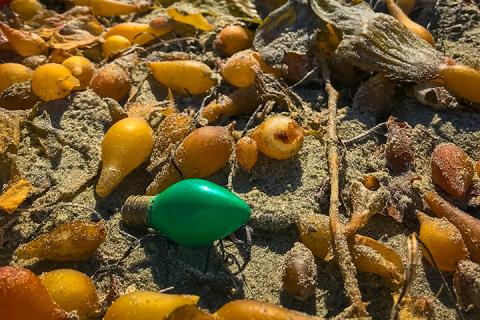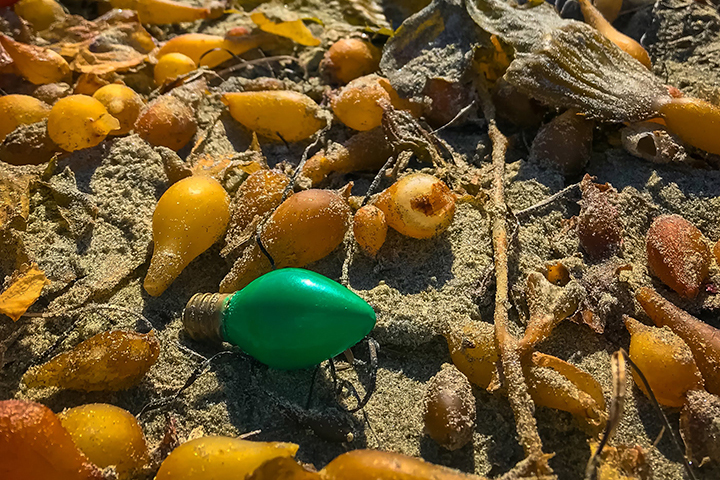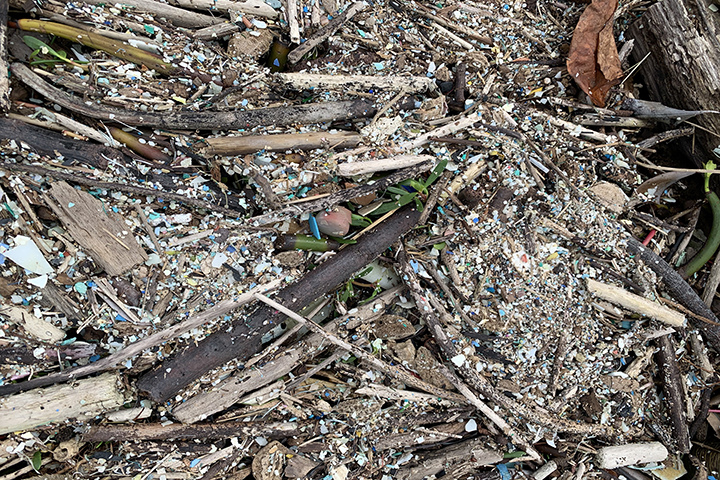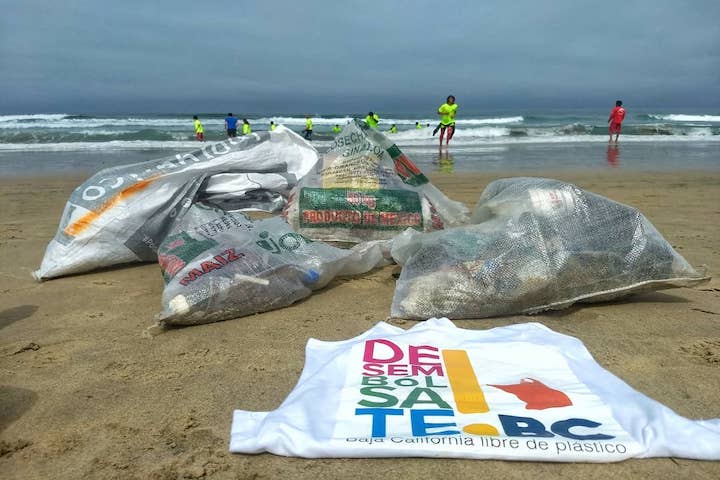
Estuaries are an important link in the chain of trash becoming marine debris, but the transport of plastic and other debris through watersheds and in estuaries is understudied.
Designed for durability, plastics remain in the environment indefinitely. Plastic and other anthropogenic debris are altering aquatic ecosystems, contaminating waterways and impacting water quality and habitat resilience. In some cases, it can cause blockages and exacerbate flooding conditions and also results after natural disasters prompting emergency response. Across the Reserve System, marine debris is an issue of concern for reserves and their surrounding communities. Despite overwhelming interest in growing programs related to plastics, each reserve is at a different stage of development in addressing debris issues. Different regions and states have differing priorities on what behaviors or policies the collected data would inform.
This project works to further understand individual and system-wide reserve needs relating to plastic issues. The team is working with the Debris Community of Practice (DCoP) – an existing network of organizations researching and monitoring land-based debris that eventually becomes marine debris – to develop a draft roadmap that focuses on estuaries' niche in the DCoP. Project outcomes include the roadmap, cross-sector knowledge transfer workshops, and conceptualizing toolkits for education to promote community involvement and behavior change and coastal decision-maker engagement to consider policy actions.
Kristen Goodrich gives a short introduction to "Transferring Knowledge to Understand the NERRS’s Niche in Addressing Marine Debris."


